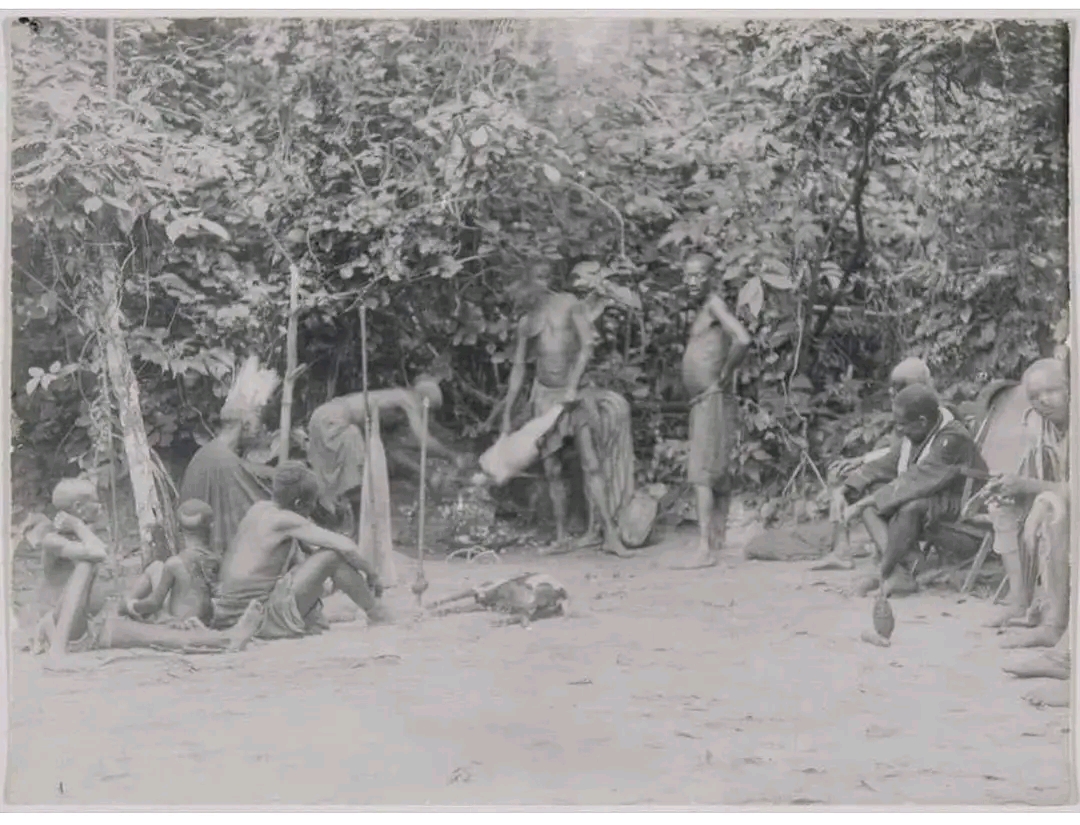
This photograph was taken in 1911 by Northcote Thomas. It shows Nri Obalike, the Eze Nri (King of Nri), surrounded by his loyal attendants and chiefs at the Nkwọ Marketplace in Enugwu-Ukwu. Here, under the watchful eyes of British colonial officers, Nri Obalike was forced to denounce nso and alu.This event marked a turning point in Igbo history, signifying the decline of the Nri hegemony.
The Cultural and Historical Significance of Nsọ and Alụ
What Are Nsọ and Alụ?
In precolonial Igbo society, Nsọ referred to sacred taboos, while Alụ encompassed abominable acts that disrupted societal harmony. These laws, deeply rooted in Igbo cosmology, were enforced by the Eze Nri and other custodians of tradition.
The Nri Kingdom served as a spiritual and cultural epicenter, maintaining peace and harmony through the observance of Nsọ and the expiation of Alụ. Breaking these laws required purification rites, often led by the Eze Nri, to restore cosmic balance.
Colonial Interference
The British colonial administration viewed Igbo traditional practices as obstacles to “modernization” and exerted pressure to abolish them. The event in 1911, where Eze Nri Ọbalike publicly denounced Nsọ and Alụ, symbolized the erosion of Igbo spiritual authority under colonial rule.
“The abrogation of Nsọ and Alụ marked the beginning of the decline of the Nri hegemony. The British sought to replace indigenous systems of governance with colonial laws, undermining centuries of cultural heritage.”
(Excerpt from Northcote Thomas’ field reports, 1911)
The Eze Nri: A Symbol of Peace and Authority
Theocratic Leadership in Igboland
Unlike other African monarchies, the Eze Nri’s power was not rooted in military conquest but in spiritual authority. He acted as a mediator between the physical and spiritual realms, ensuring societal harmony through rituals and the enforcement of Nsọ.
“The Eze Nri was not just a king but a divine figure, embodying the ideals of peace and moral authority. His influence extended beyond Nri to other Igbo communities through his sacred mandate.”
(Chikodi Añunobi, “Nri Warriors of Peace”)
Nri Ọbalike’s Legacy
Despite the forced denouncement of Igbo traditions, Nri Ọbalike remains a significant figure in Igbo history. His resistance, albeit curtailed by colonial power, symbolizes the resilience of Igbo culture in the face of external pressures.
The Decline of Nri Hegemony
The 1911 event marked a turning point for the Nri Kingdom. British colonial policies, including the introduction of warrant chiefs, eroded the influence of the Eze Nri. Traditional rites, once central to Igbo identity, were gradually replaced by Western legal systems.
Cultural Survival
However, aspects of Nri spirituality and governance persist today. Annual festivals, oral traditions, and historical research continue to shed light on the rich legacy of the Nri Kingdom.
Preserving Igbo Cultural Heritage
The story of Nri Ọbalike and the abrogation of Nsọ and Alụ is a reminder of the enduring impact of colonialism on indigenous cultures. By revisiting these histories, we can reclaim and celebrate the richness of Igbo traditions.
Join the Conversation:
- What does the legacy of Nri Ọbalike mean for Igbo cultural identity today?
- How can we preserve traditional practices in a modern context?
References
- Northcote Thomas, Field Reports (1911).
- Añunobi, Chikodi. (2006). Nri Warriors of Peace. Zenith Press. See our review below
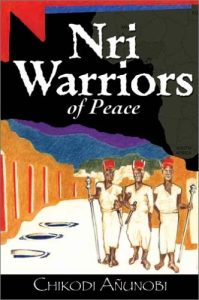 Recommended Books
Recommended BooksTitle: Nri Warriors of PeaceAuthor: Chikodi AñunobiPublisher: Zenith PressPublication Date: February 28, 2006Format: PaperbackPages: 378ISBN-10: 0976730308ISBN-13: 978-0976730309Language: English Overview “Nri Warriors of Peace” by Chikodi Añunobi is a captivating novel that delves into the rich history and culture of the Nri kingdom, the cradle of Igbo civilization in Southeastern Nigeria. Añunobi’s debut work is a […]
Explore Further
For more on the topic, explore the recommended reads and the post below. It provides a deeper insight.
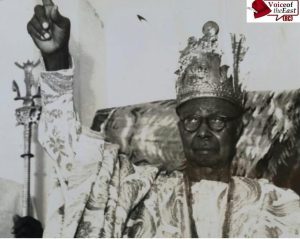 Cultural Insights, Historical Insights
Cultural Insights, Historical InsightsThe Eze Nri, the traditional ruler of the ancient Kingdom of Nri in present-day southeastern Nigeria, stands as a symbol of peace, culture, and spiritual authority in Igbo history. Unlike other African kingdoms, the Eze Nri wielded power not through military might but through religious and cultural influence. This established a theocratic state centered on […]
 Recommended Books
Recommended BooksAuthor: Emmanuel OjiakuPublisher: Independently publishedPublication Date: February 5, 2021Format: PaperbackPages: 30ISBN-13: 979-8705132928Language: English Overview “ODINANI: The Igbo Sacred Tradition” by Emmanuel Ojiaku is a concise exploration of the religious and cultural practices of the Igbo people, an ethnic group in West Africa. The book delves into the various elements of the Igbo religion, known as […]
Discover more from Igbo Archives
Subscribe to get the latest posts sent to your email.


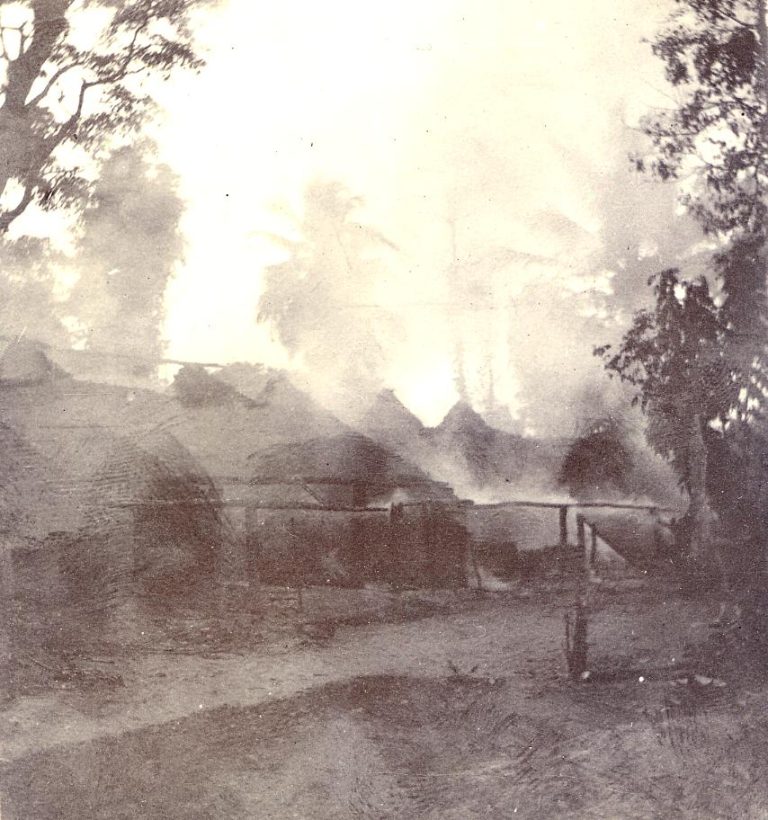
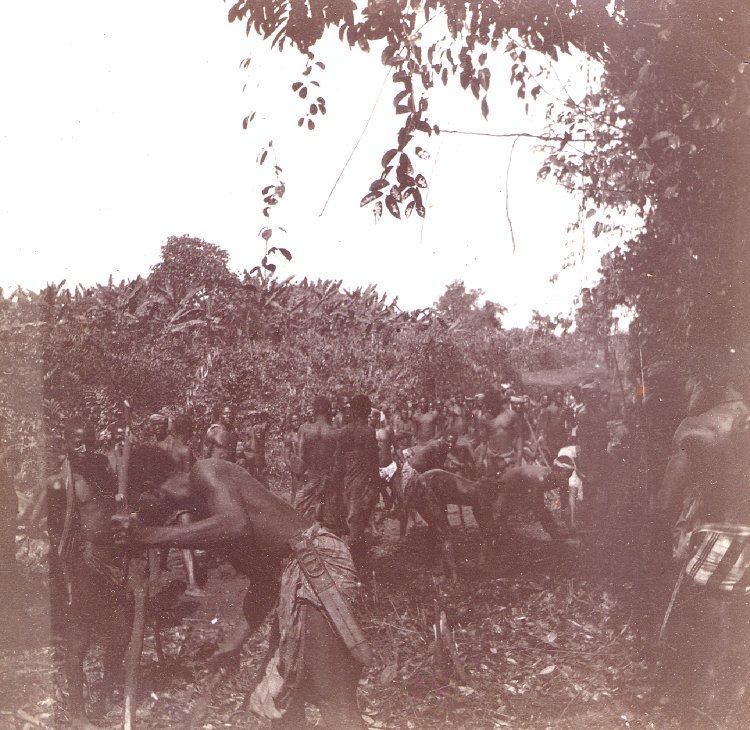
I wonder what would’ve have happened to him had he refused to leave